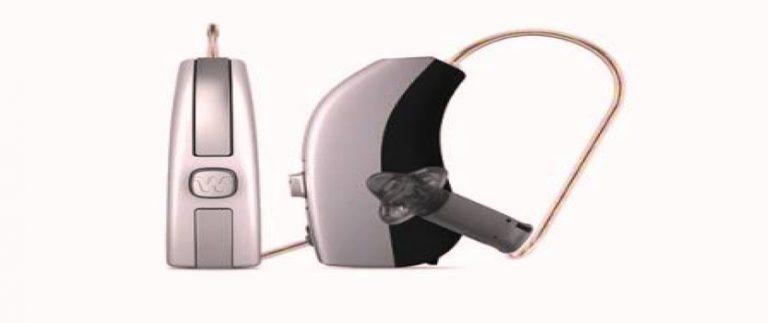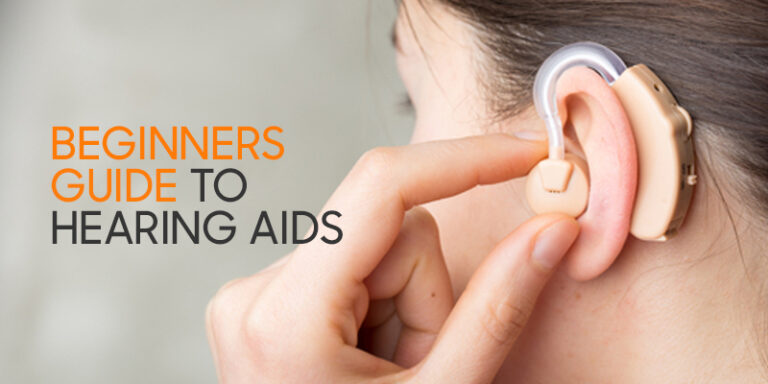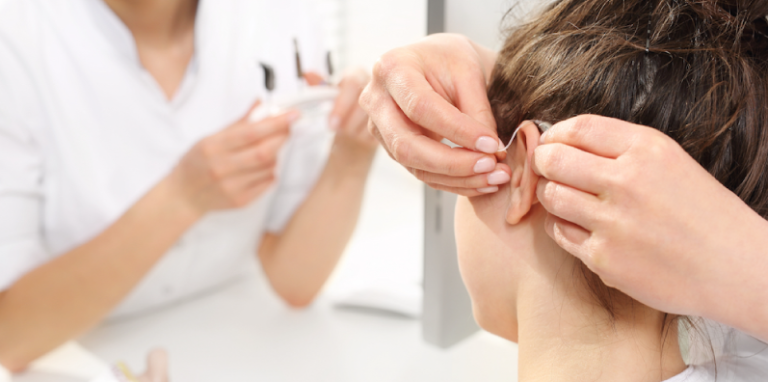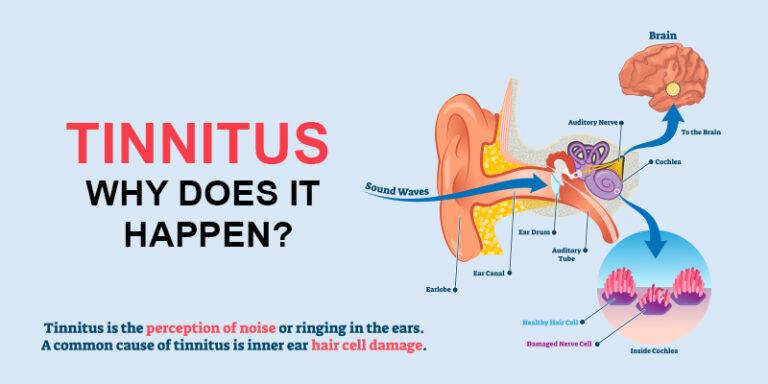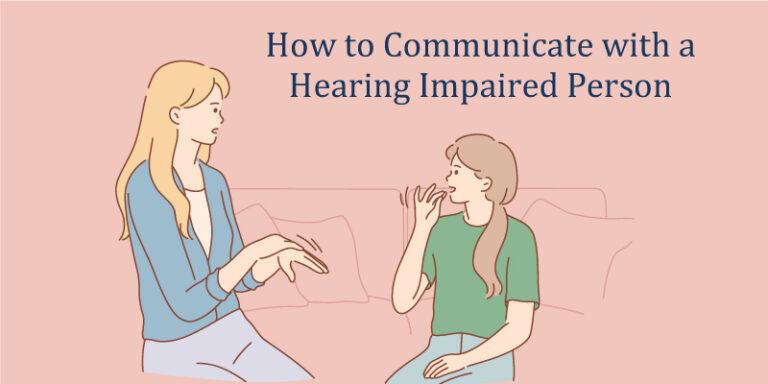Tinnitus: Cause, Diagnosis and Treatment
Have you ever experienced ringing, buzzing, drilling or any other disturbing tune in your ears? If yes, then know that these sensations can be the result of a condition tinnitus. What Is Tinnitus? Tinnitus is the condition in which you hear ringing or buzzing noise in your ears. It is not a disease but a…
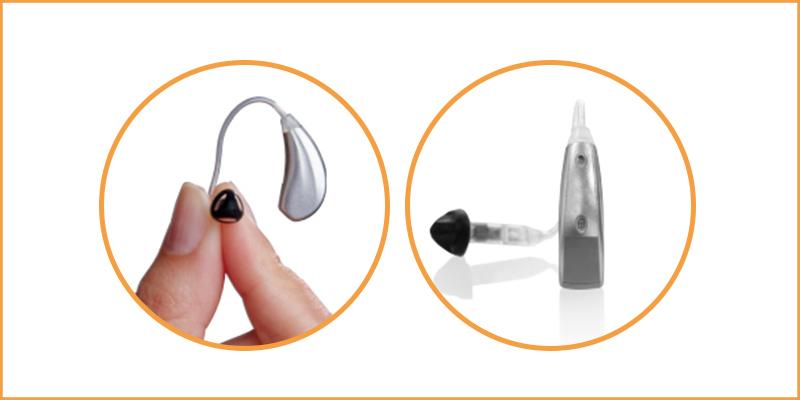
Have you ever experienced ringing, buzzing, drilling or any other disturbing tune in your ears? If yes, then know that these sensations can be the result of a condition tinnitus.
What Is Tinnitus?
Tinnitus is the condition in which you hear ringing or buzzing noise in your ears. It is not a disease but a symptom that indicates an unusual function in the auditory system
People who suffer from tinnitus hear a noise in the ears that is not from an external source. It is audible and sometimes interferes with your regular hearing.
The are many types of sounds that listener hears – for some it is a ringing sound while for others it is buzzing, whistling, drilling or some tune. It is heard in one or both the ears and the pitch varies from low to high.
The mildest form of tinnitus is common and is occasionally experienced by many people when they are exposed to loud noises.
Tinnitus Causes
The middle ear picks up sound waves and transmits it to the brain via electrical impulses. And then the brain translates those signals into sound and you hear them. Sometimes, when there is damage to the inner ear, it alters the transmission of sound signals to the auditory box in the brain and thereby altering the way your brain processes sound.
This conduction of sound by inner ear is disturbed either due to an injury or an underlying disease like tumour. Exposure to loud sounds can also cause damage to the ears. If you ever notice, some people complain of continued buzz in the ears after they come out of a concert or after listening to very loud noise for a longer period.
Other medical conditions could develop tinnitus include:
- High blood pressure
- High cholesterol
- Temporomandibular joint disorders
- Meniere’s disease
- Side effects of a medication such as anti-cancer, anti-malaria, antibiotics etc
- Age-related hearing impairment
Tinnitus Diagnosis and Treatment
Your doctor will examine your ears by conducting a hearing test to identify tinnitus symptoms and treatment.
In the hearing test, you will be given a headset to hear the sounds that are being transmitted to your ears. You will have to hear and report what sounds you hear. This test will examine each ear at a time.
Additional tests such as CT scan, MRI scan and X-Rays are done to determine if you have any deformity, damage or an underlying disease that is causing the abnormality.
Treatment for Tinnitus
If your tinnitus is due to an underlying medical condition, a medical health professional can help you by prescribing medication or changing a certain medication that could trigger tinnitus.
You can also go for removal of excess earwax that can be contributing to your condition. Your normal hearing can be restored, given that it is a treatable condition.
Alternatively, you can try drug therapy that can help reduce the sounds you hear in tinnitus.
If your condition is bothersome, you can buy noise suppression machine that acts like a music system providing relaxing noises in the ear to dull the disturbing sounds in the ear.
Remember, stress could worsen your condition. Take little steps to manage your stress levels to avoid triggers. Also, avoid exposure to loud noises or environment that triggers your tinnitus.
If you are looking for a thorough diagnosis of your ears, consult our health care professionals at HNR Speech and Hearing Centre.
Call us: 040-42018181 / +91 8237037087

